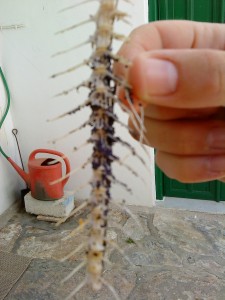
 Poisoning is a traditional method adopted by some of the islanders to curb the animal population. During two weeks in June 2009 in a specific area of Xilokeratidi, in the immediate vicinity of a restaurant bearing the name of its owner, a large number of cats were poisoned. Dr. Dimitri Vassalakis, a Naxos-based veterinarian who is part of AZI’s Scientific Committee, investigated the deaths and discovered that a fertilizer was used as poison, which causes a slow and painful death. More than 25 cats died, the majority of them part of AZI’s program. Most of these cats had been treated, sterilized, vaccinated and fed through AZI’s support.
Poisoning is a traditional method adopted by some of the islanders to curb the animal population. During two weeks in June 2009 in a specific area of Xilokeratidi, in the immediate vicinity of a restaurant bearing the name of its owner, a large number of cats were poisoned. Dr. Dimitri Vassalakis, a Naxos-based veterinarian who is part of AZI’s Scientific Committee, investigated the deaths and discovered that a fertilizer was used as poison, which causes a slow and painful death. More than 25 cats died, the majority of them part of AZI’s program. Most of these cats had been treated, sterilized, vaccinated and fed through AZI’s support.
In the past, such an event would be tolerated by the local population. This year it caused uproar. Letters of reprimand were sent to the suspected poisoner (the owner of the restaurant in whose backyard the poison was found and photographed) and the police was alerted. An indictment against an “unknown” was deposited with the Mayor’s office who proceeded to print a flyer which was posted all over the area. What was remarkable is that the Mayor for the first time acknowledged—without naming AZI—the existence of an authorized program of curbing and treating stray animals.
Two more cases of poisoning had occured in the Spring: in Katapola, near the port, approximately 15 cats were poisoned. In Raxidi a small group of cats was eliminated during the month of May.
On August 22, representatives of AZI decided to speak with the owner, who declared himself extraneous to the event. It was explained to him that the association of his name with the nefarious event was not only immoral and useless but could reflect negatively upon his business, in so far as tourists would be discouraged from patronizing a restaurant where poison is handled.. A visible change in tone occurred at this point: the restaurant owner went as far as pledging help towards the future development of AZI. It was made clear to him that for any “cat problem” he may have in the future, he should request the intervention of our vet, Dr. Vassalakis.
It is hoped that this strategy of enlisting former enemies in the workings of a local association for the protection of animals and the environment will yield better results than hostile confrontation.
Dr. Vassalakis visited Amorgos three times from Fall 2008 through Spring 2009. During each visit he vaccinated a vast number of stray cats and neutered a good number of them. A little ‘V’ mark on a cat’s ear signifies that they have received treatment. Compared to previous years and other areas of the island, Dr. Vassalakis’ intervention in the three aforementioned villages has radically improved the situation in those areas.







